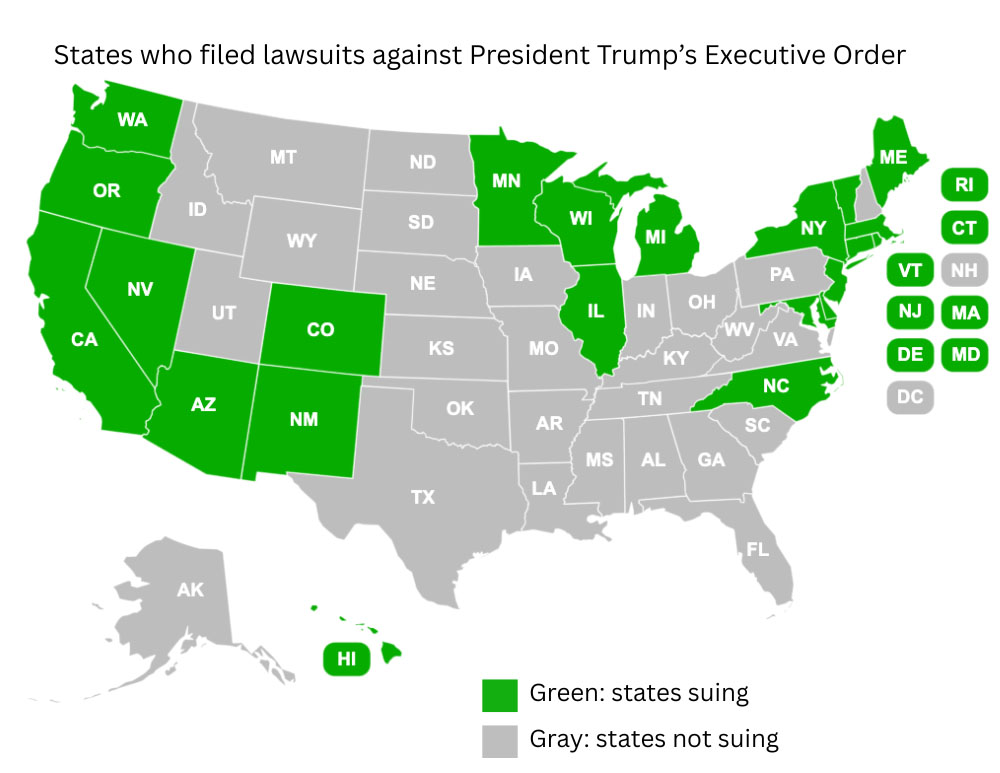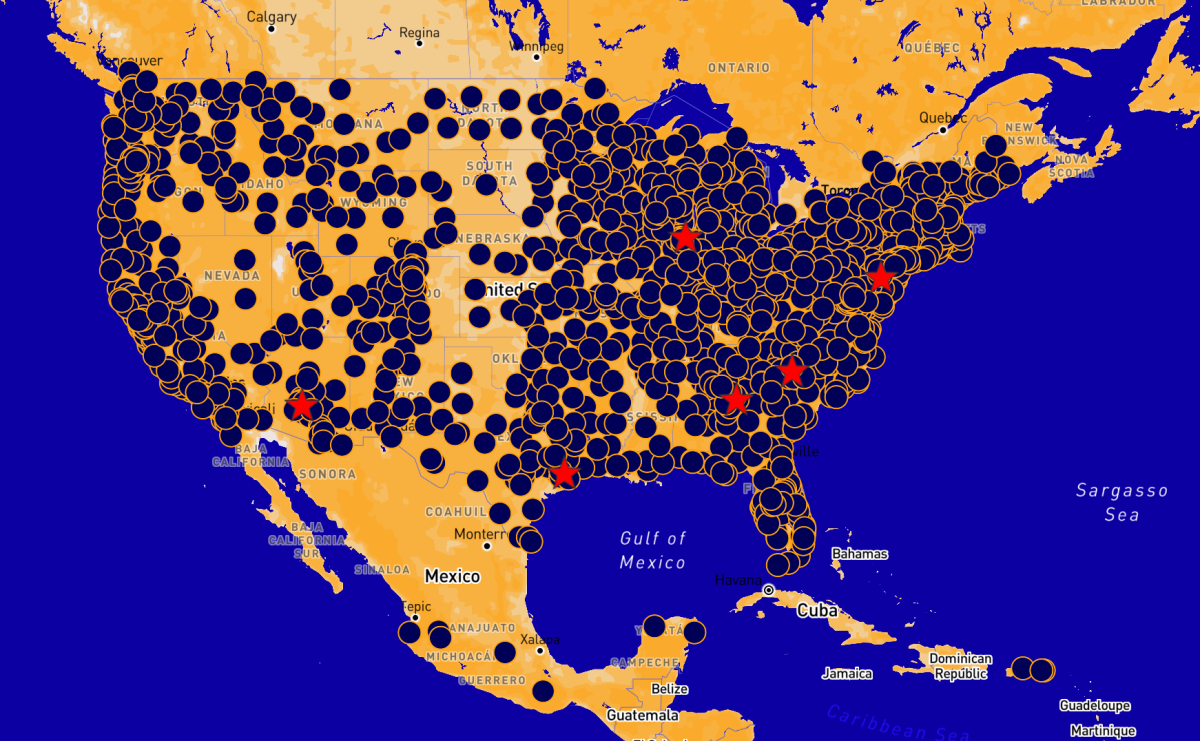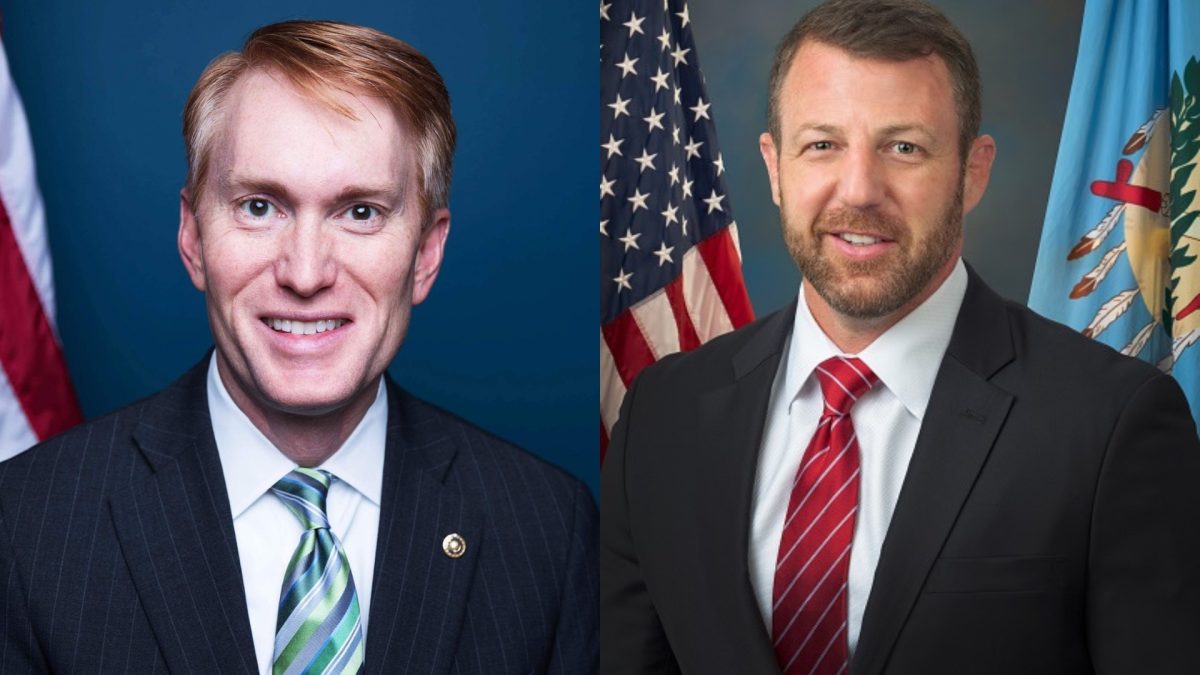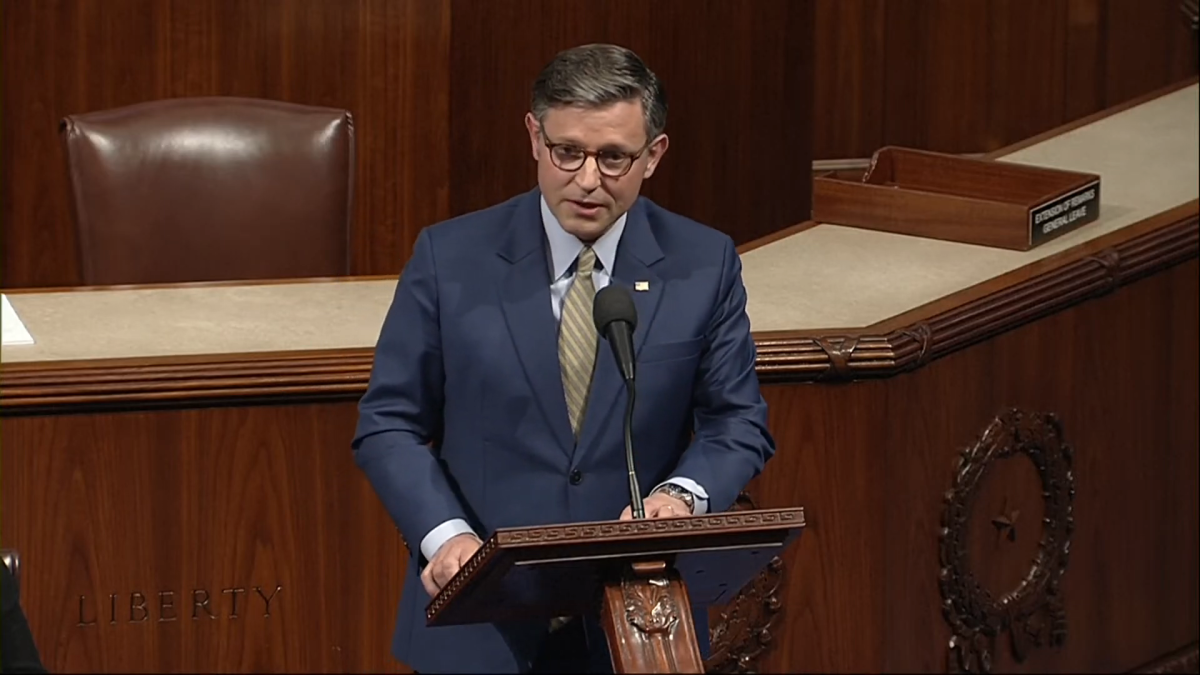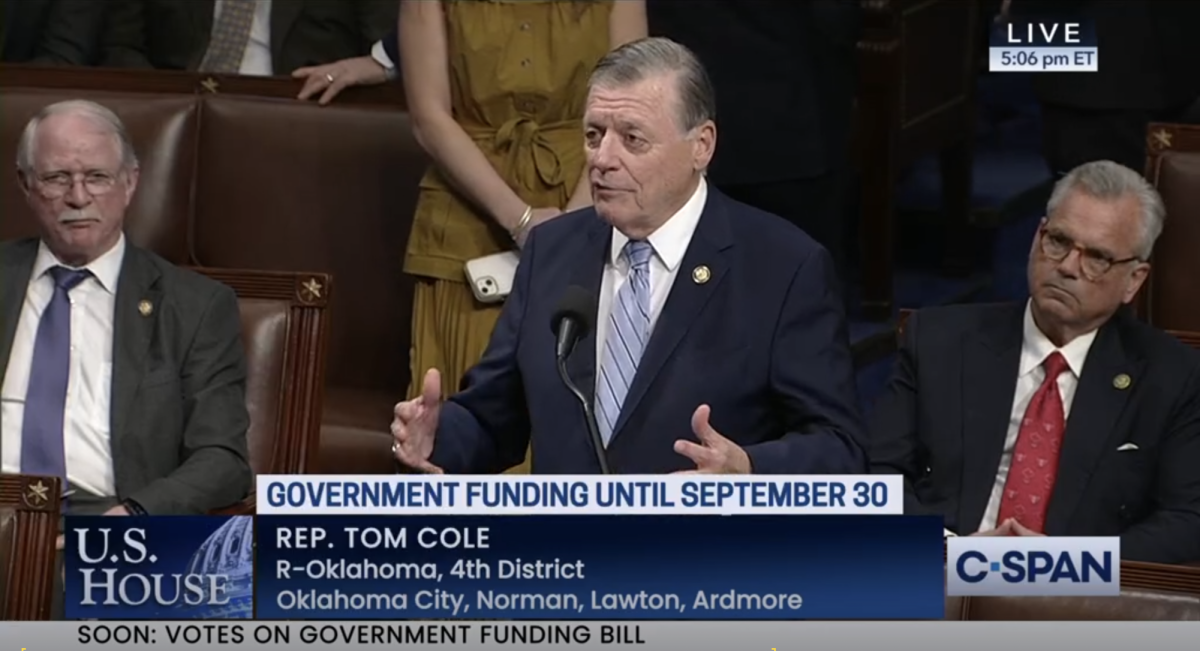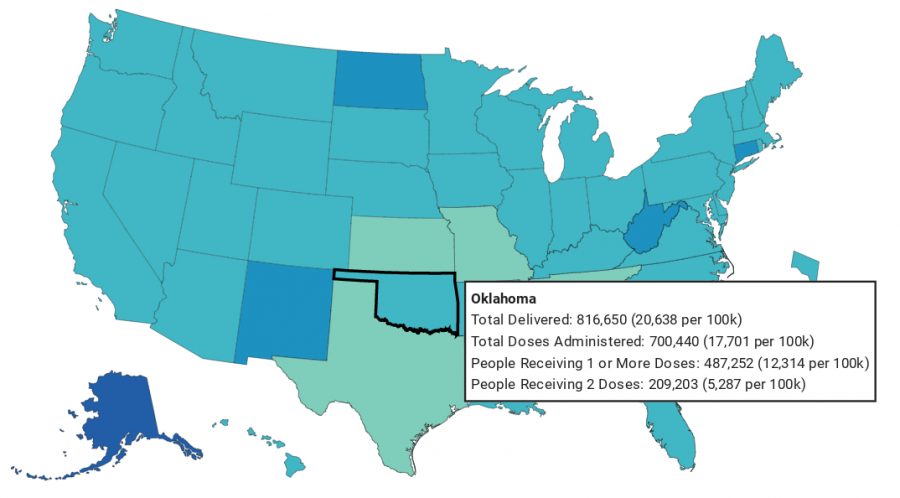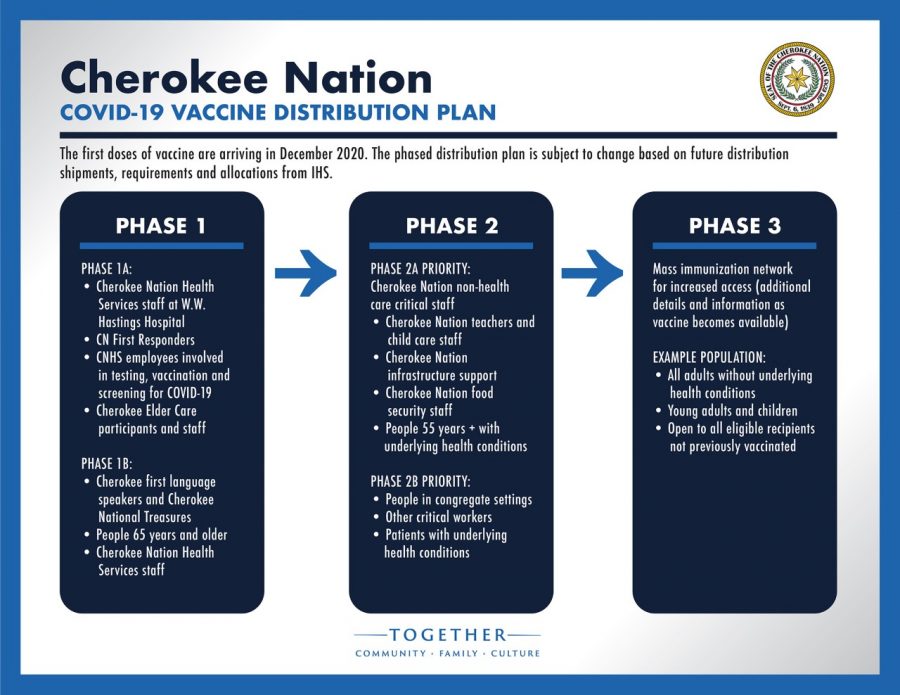WASHINGTON — Despite some reservations, Oklahoma’s Republican representatives backed President Donald Trump on Tuesday by voting against a resolution to overturn the national emergency that would allow him to bypass Congress and fund a border wall.
“I think the president is acting in the national interest,” Rep. Tom Cole (R-Okla.) said in an interview with NPR’s Morning Edition on Tuesday. “And I think he’s got secure legal basis to do so.”

The U.S. House of Representatives measure, which would terminate the national emergency at the southern border Trump declared Feb. 15, passed 245 – 182 in the Democrat-controlled House.
Cole and his GOP colleagues, Rep. Frank Lucas (R-Okla.), Rep. Markwayne Mullin (R-Okla.) and Rep. Kevin Hern (R-Okla.), voted ‘no’ on the resolution. Rep. Kendra Horn, the state delegation’s only Democrat, voted ‘yes.’
The emergency declaration would grant the President up to $8.1 billion in funding to build a wall at the U.S.-Mexico border. Trump took executive action after Congress appropriated only $1.375 billion for the wall.
This money could come from the treasury forfeiture fund, Department of Defense counterdrug activities money or military construction funds, according to the White House. Oklahoma has $185 million worth of vulnerable military projects at Tinker and Altus Air Force Base, among others, according to the House Appropriations Committee.
Cole added he thinks the declaration sets an “unwelcome precedent,” but said it is a situation that Trump tried to avoid with legislative solutions.
“In the end, he couldn’t get any cooperation from the other side,” Cole said on NPR. “So I think he’s acting well within his authority.”
Lucas said he thinks the job of allocating money to various agencies and programs is one of the most important roles of Congress. However, Democrats in Congress are refusing to address the national security and humanitarian crisis at the Southern border, he said.
“While I am cautious of the use of national emergencies which reprograms appropriated funds, I am committed to addressing the ongoing crisis at our Southern border,” Lucas said in a statement.
Mullin did not share the uncertainties of his colleagues, instead calling the measure a “politically motivated charade” put on by Democrats.
“Presidents of the United States have the lawful right to declare a national emergency in times of great crisis,” Mullin said in a statement.
Horn said she voted in favor of the measure in order to uphold the Constitution and protect the federal government’s separation of powers.
“Our country’s founders gave the power of the purse to Congress, not the President,” Horn said in a statement. “This is not an emergency, it is a blatant constitutional violation, and it strips billions of dollars from our armed forces.”
The measure will next go to the Senate floor. Senate Majority Leader Mitch McConnell told reporters Tuesday that it is reasonable to assume a vote will happen before the Senate’s next recess begins March 18.
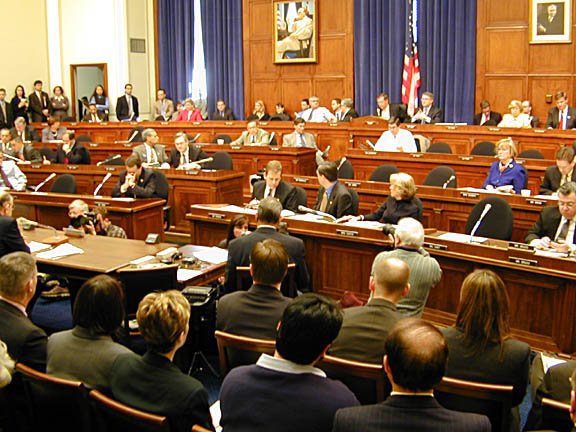
Three Republicans — Sen. Thom Tillis (R-N.C.), Sen. Susan Collins (R-Maine) and Sen. Lisa Murkowski (R-Alaska) — have said they will likely defect from their party by voting for the measure to stop the emergency.
One more Republican vote is needed in the Senate to pass the measure, in which case it would then face a presidential veto.
McConnell said Senators, lawyers and the Vice President discussed the legality and appropriateness of the emergency declaration during a GOP luncheon Tuesday and members are “extremely interested” in the subject.
McConnell said he “hasn’t reached a total conclusion” about the legality of Trump’s declaration, but that a crisis at the border is indisputable.
“You can’t blame the President for trying to use whatever tools he thinks he has to address it,” McConnell said.

